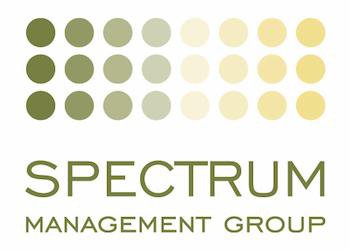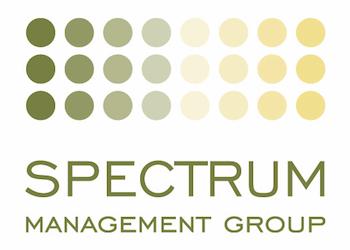
Nancy L. Anderson
May 8, 2017
If you have a 401(k) with a former employer, it’s called an orphan. The name is fitting, since you aren’t really taking care of this account — it’s sitting there all by itself.
In fact, according to the Bipartisan Policy Center, there are 25 million orphaned retirement accounts sitting with former employers today.
If you find yourself in this group, you may be wondering how to deal with your ‘abandoned’ funds.
You most likely don’t want to withdraw your funds, pay income taxes, and take a penalty for early withdrawal, so you have three other choices: Keep your plan with your former employer, roll it over to an individual IRA, or roll it over to your current employer’s plan.
Let’s look at the pros and cons each of these choices:
- Keep your 401(k) with your former employer.
The status quo is the easiest option, since no action is required. If your plan has plenty of investment options, low fees, great service, and easy online access, you may want to keep it where it is. As long as you review your account regularly, this option may work for you.
There are two distinct disadvantages of an orphan 401(k) plan: You may lose the option of early withdrawal at age 55 with no penalty, and you can’t take advantage of the loan provision.
If you retire (or separate from service) from a company at age 55 or older, you may be able to get penalty-free access to your 401(k) account. This might not apply, though, to your orphan 401(k) if you left your former employer before age 55.
IRS Tax Topic 558 states there is an exception to the 10% penalty from a qualified retirement plan for “distributions made to you after you separated from service with your employer if the separation occurred in or after the year you reached age 55.”
If you plan on retiring early, your best option to access your retirement funds between ages 55 and 59½ would be to roll them over to your current employer before you retire or separate from service. Obviously, it’s important to get good advice here. Talk with your accountant or financial planner for personalized tax and retirement planning advice.

Shutterstock
Loan provisions are generally limited to your current employer. The collateral for the loan is your 401(k) balance, but your loan payments are made through salary deduction from your current employer.
- Roll over to an IRA.
When you invest in a 401(k), your employer limits your investment choices to a menu of pre-screened advisors.
Conversely, with an individual IRA, a plethora of investment-management choices are available to you. For the do-it-yourself investor, this could be a huge benefit, as it puts you firmly in the driver’s seat. However, you may pay higher fees, since you lose economies of scale when you roll your funds out of an institution to a privately held account.
Also, once you roll your 401(k) into an IRA, you lose the ability to withdraw the funds penalty free at age 55 (unless you qualify for an exception.) IRA rules require you to wait until age 59½ to gain access to those funds without penalty. So, effectively, your employer’s 401(k) plan allows withdrawal 4½ years earlier than an IRA. There are exceptions, of course, so consult your tax professional and financial planner.
- Roll over to your current employer’s plan.
Moving your funds to your current employer’s plan might make your life simpler, since it consolidates your 401(k) funds in one place.
Additionally, your fees may be lower with your current employer. The Department of Labor requires employers to send an annual fee notice to all eligible employees with an account balance. Simply compare your orphan plan’s fees to your current employer’s. You can always call your plan providers and ask for fee schedules, too.
As stated above, moving your funds to your current employer’s plan opens up the early withdrawal and loan provision options.
Finally, when you consolidate your accounts, you have fewer accounts to track. If it’s with your current employer, chances are you’ll review your 401(k) account information more often than if it’s an orphan.
There isn’t anything necessarily wrong with an orphaned 401(k), as long as you pay attention to the account.
This article was written by Nancy L. Anderson from Forbes and was legally licensed by AdvisorStream through the NewsCred publisher network.
© 2025 Forbes Media LLC. All Rights Reserved
This Forbes article was legally licensed through AdvisorStream.


